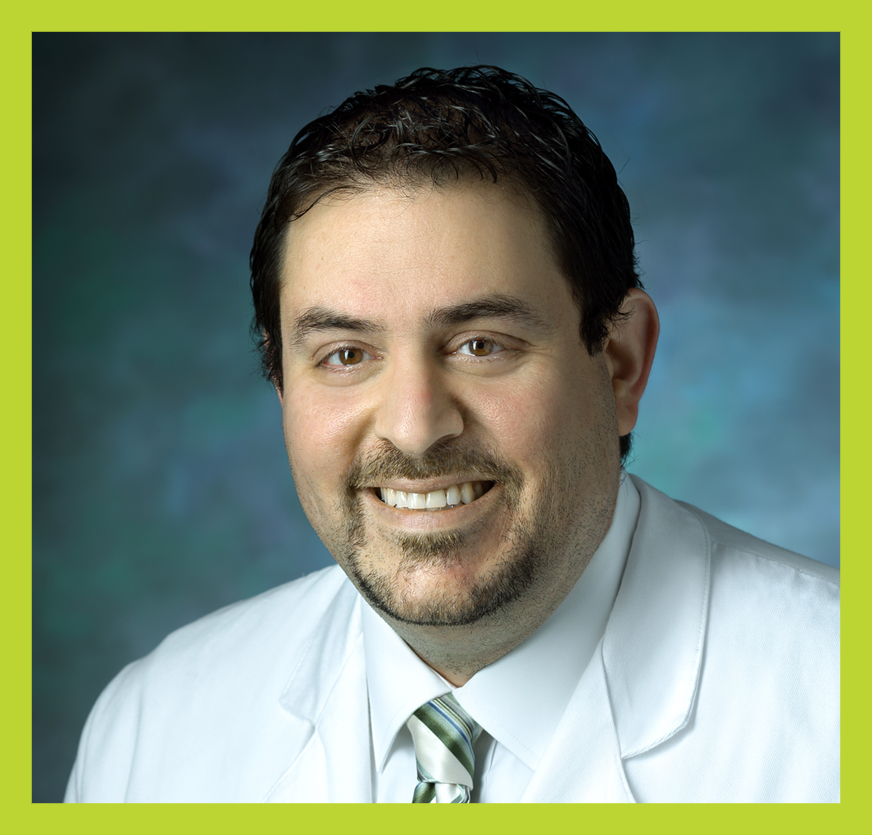When he was 17 and a student at Lake Braddock Secondary School in Fairfax, Virginia, Joseph Sakran, BS Biology ’99, was shot in the throat with a .38 caliber bullet during a fight after a football game. This single experience changed the trajectory of his life and inspired him to pursue a career in medicine. Now Dr. Sakran, he works both as a trauma surgeon at the Johns Hopkins Hospital in Baltimore and as an activist against gun violence.
This year Sakran is on sabbatical from Johns Hopkins as one of six Robert Wood Johnson Foundation Health Policy Fellows, named by the National Academy of Medicine and the Robert Wood Johnson Foundation, working in Washington, D.C., on health-related legislative and regulatory issues with members of U.S. Congress or the executive branch.
“This is the most gratifying and rewarding profession one could have,” he says of his decision to become a surgeon. He says the most challenging part of his work involves informing family members that they have lost a loved one. “Having to walk into a waiting room and explain to a mother that her child is never coming home again is heartbreaking. This never gets easier.”
In 2018, in response to a statement from the National Rifle Association that requested doctors “stay in their lane” as it relates to gun violence, Sakran founded This Is Our Lane, a movement where health care professionals share their experiences about the human toll of gun violence, which he describes as “a public health problem.”
“I never planned on being an activist,” he says. Still, he finds himself as a key voice in efforts to curb gun violence. Ultimately, he would like to see more civility in discussions of gun violence, and to “see change happen in a more expedient and effective manner.” While Sakran says there is no one solution regarding gun violence in America, he believes “it requires a multifaceted approach that engages stakeholders from all walks of life.”
Although Sakran found his time at Mason formative in a number of ways, it was the university’s diversity that had the most impact on him. “As the son of immigrant parents, [diversity] was a perspective that I had always appreciated, but never understood how crucial it was until my time at Mason,” he says. “The unique lens that others bring to the table allows one to see aspects of an issue or problem that perhaps they would have never noticed.”
By Liam Griffin. Originally published in the Spring 2020 issue of Spirit magazine.


